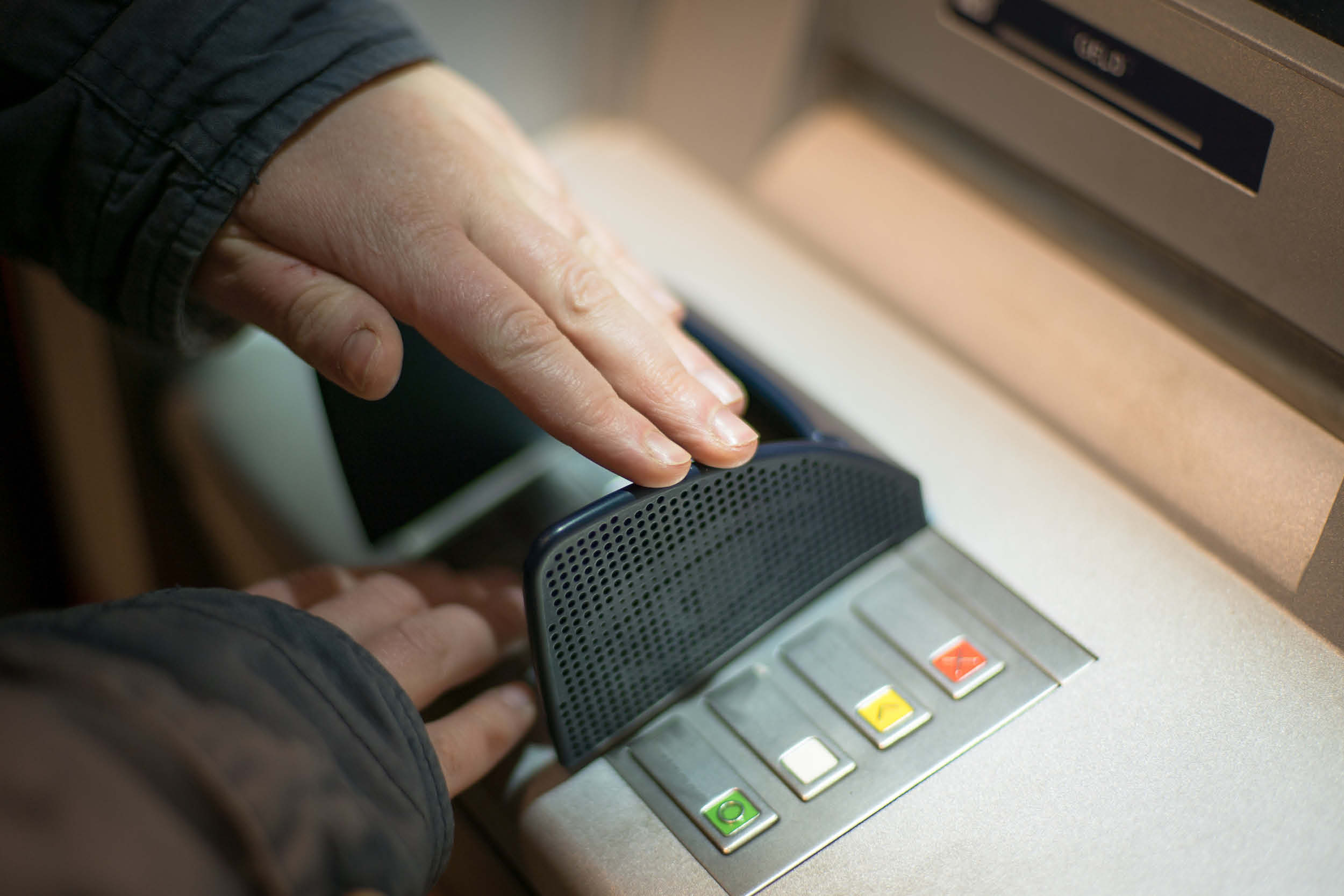With scams on the up and appearing more credible to the innocent victims, here’s a roundup of the current trending scams.
It can be devastating, both financially and emotionally, to be a victim of fraud. Nearly one in five people (17.5%) aged 55 and over have been the victim of a financial scam, according to findings by the Financial Services Compensation Scheme (FSCS). Scammers often target people who are more vulnerable because they aren’t necessarily working full-time or are less savvy with technology.
Unfortunately, fraudsters are increasingly inventive with the methods they use to try to part us from our cash, particularly as the cost-of-living crisis soars. Furthermore, these scammers often appear totally credible.
The Financial Conduct Authority has an informative section on its website – www.fca.org.uk/scamsmart – giving advice on how to avoid both pension and investment scams, a list of the most-searched-for investment and pension scams, plus a useful link if you’ve been contacted about a scam or paid money to fraudsters.
Help protect yourself
To stay safe, you need to stay one step ahead.
Protect your PIN and OTP
Never share your PIN or one-time passcode (OTP) with anyone, or indeed your password.
Make sure they are who they say they are
Fraudsters will pretend to be the police, banks, businesses or even friends to trick you. And they might even know personal details about you. Never send money to someone you don’t know. If in doubt, hang up.
Don’t be pressured
Fraudsters will try to put you under pressure to act quickly without really thinking about what you’re doing. Don’t let anyone rush you – always take a moment before you share any details and only click on a link when you know it’s 100% legitimate.
TRENDING SCAMS
Just giving out your bank account number and sort code is not enough information for a scammer. But coupled with other personal information such as a date of birth, addresses, PIN numbers, they’ll have enough to work with. Even better if they can get you to click on a link to provide this information online, it saves them a job.
The ‘friend in need’ text
You’ll receive a text or WhatsApp message (from an unknown number) supposedly from someone you know, saying that they have a new phone number, they need money to pay a bill urgently, or are stranded abroad. They will then provide bank details for you to transfer money across to them.
Pension review scam
Don’t let a scammer ruin your retirement. You’re contacted and offered a free pension review. This may be via text or email, or you could respond to a fake online advert. If you provide your details, you may receive a call or visit from a fraudster claiming to offer financial advice, who will recommend that you move your money into another scheme or fake investments. Keep your pension information to yourself and don’t share details with anyone you don’t know.
Suspicious activity on your account
You get a call or text message from someone pretending to be from your bank telling you there’s been some suspicious activity on your account, which they will tell you has been frozen. They will ask for your banking details, supposedly to confirm your identity and resolve the problem, but use these to steal from you. They may also try to direct you to a fake website to enter your information there. Often the number that appears on your phone looks legitimate, with scammers using technology to mask their actual phone number.
Energy-related scams
The soaring cost of energy bills is prompting fraudsters to expand the types of scams they are using. Scammers mentioning the UK’s biggest energy supplier names rose by 10% year-on-year in the first quarter of 2022, according to analysis of fraud figures by consumer group Which? It expects the number of energy-related scams to rise as energy bills continue to increase. Scammers pose as a major supplier and announce in an email that you are entitled to a refund on your energy bills because of a ‘miscalculation’. They then give you a link to click to provide your bank details.
Report scams
• If you have been defrauded or experienced cybercrime, report it to Action Fraud. Report it either online at www.actionfraud.police.uk or by calling 0300 123 2040.
• You should also report what’s happened to the Financial Conduct Authority, either online or by calling 0800 111 6768.
• If you’ve lost money to a scam and you paid with a credit or debit card, or sent money through an account transaction, tell your bank or payment provider as soon as possible.







